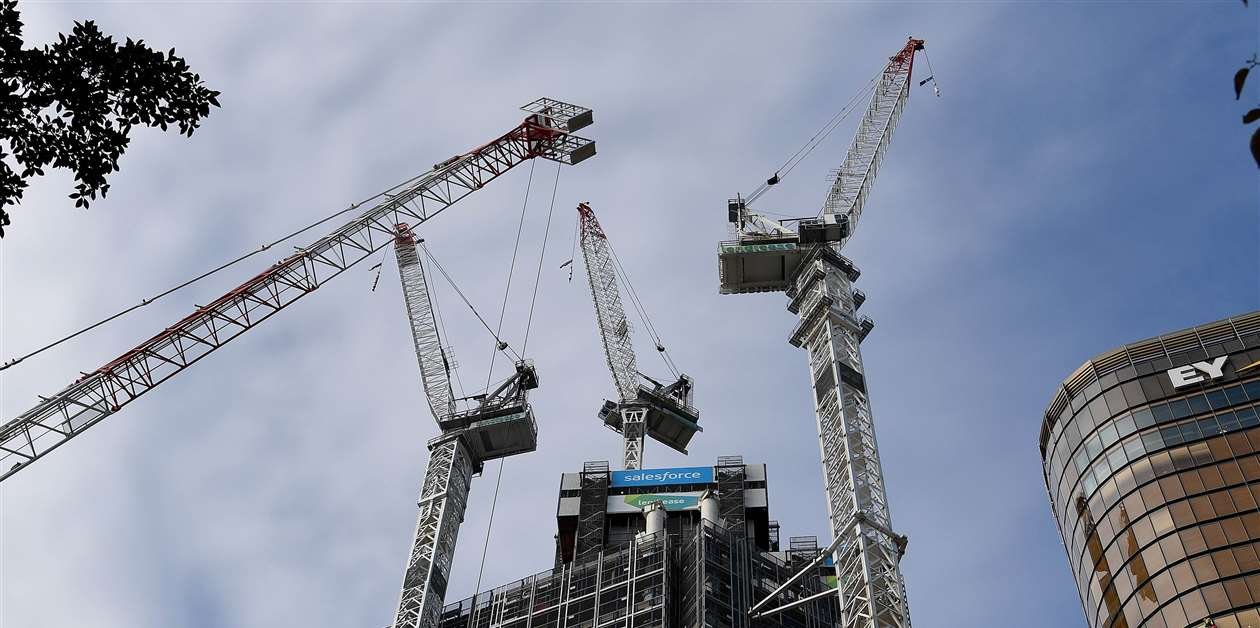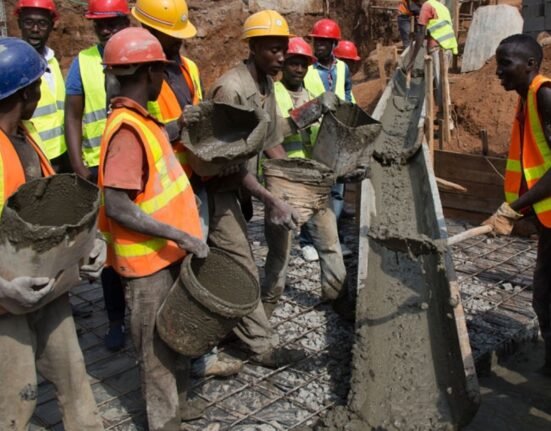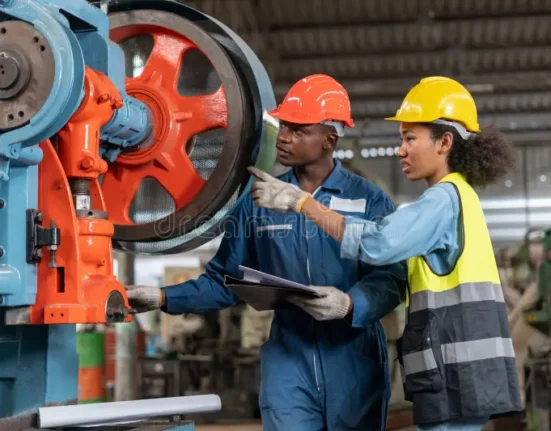The construction sector in Nigeria has been facing a growing challenge as the industry sees a significant decline in overall spending, largely attributed to rising material costs. This shift has impacted the ability of contractors and project managers to maintain their budgets and timelines, leading to a ripple effect across engineering, procurement, and construction industries (EPCI). As material prices surge in anticipation of potential tariffs and other economic factors, the situation presents a critical question for both experienced and new engineers: how do we navigate these challenges?
For over two decades, the construction sector has seen various fluctuations in material costs, from periods of steady pricing to sudden spikes that throw off project estimates. However, the current surge in material costs, particularly those related to steel, cement, and electrical components, has set a new precedent. The increased demand for raw materials, combined with a disruption in the global supply chain and inflationary pressures, has exacerbated the cost of doing business in the Nigerian construction industry. As an experienced engineer, this trend creates a massive challenge, especially when considering the need for quality, timeliness, and cost-efficiency in engineering projects. Local contractors are facing delays in the procurement of critical construction materials, as foreign suppliers raise their prices in response to rising shipping costs, tariffs, and production slowdowns. This not only increases material costs but also leads to project delays, forcing stakeholders to reconsider project scopes and delivery schedules. In these unpredictable times, the core of the issue is not just about inflation but also how engineers adapt to these evolving costs.
With discussions surrounding potential tariffs still ongoing, the construction sector is bracing for the worst. The looming tariffs on imported materials could further drive up costs and create an environment of uncertainty. These tariffs have the potential to impact projects in various stages, from initial planning to execution. For project managers and engineers, especially those with years of experience in the field, this can present a formidable challenge in terms of both procurement and cost estimation. The Nigerian market is heavily reliant on imported materials such as steel, cement, and machinery. Tariffs placed on these imports could potentially raise costs across the board, putting immense pressure on project timelines, costs, and the overall economic feasibility of certain projects. In these uncertain times, engineers must act proactively, exploring alternative sourcing solutions, diversifying their supply chains, and exploring local manufacturers or suppliers to mitigate the impact of these potential tariffs.
As material costs surge and the possibility of tariffs looms, it’s crucial for engineers in Nigeria to rethink traditional cost management and project delivery models. The decline in construction spending can be traced to the increased uncertainty, which leads to more cautious decision-making by stakeholders and investors. Large-scale projects are being put on hold or delayed, while contractors are more selective in their approach to new ventures. Project managers and engineers must place a greater emphasis on detailed budgeting and forecasting to anticipate future costs more accurately. Investing in technology that can streamline procurement processes and help track material costs in real time will be crucial in this environment. Furthermore, fostering relationships with local suppliers and exploring more cost-effective material alternatives will allow for better cost management. Engineers must consider adopting a more agile approach to project execution, understanding that the margins for error are smaller, and the need for timely, efficient execution has never been greater.
While the challenges posed by rising material costs and potential tariffs may seem overwhelming, engineers can turn to technology to help mitigate some of these obstacles. New innovations in construction technology, such as building information modeling (BIM), drones, and AI-driven procurement platforms, can enhance project management efficiency. By integrating these technologies into everyday operations, engineers can improve cost tracking, optimize construction schedules, and reduce waste, all of which can offset some of the rising material costs. Moreover, technology can facilitate better collaboration across all project stakeholders. The use of cloud-based project management tools, for instance, allows for real-time communication and decision-making between engineers, procurement teams, and construction workers, which ensures that projects stay on track despite cost fluctuations. The ability to track costs, manage resources efficiently, and adjust timelines in real time can drastically improve how engineers and project managers handle rising material costs and delays caused by external factors.
As we face an environment where material costs continue to rise, engineers must focus on adaptability. For those already seasoned in the EPCI industry, this is an opportunity to refine their approach to project execution. Leveraging experience and knowledge to negotiate with suppliers and pushing for more cost-effective alternatives can help bridge the gap. Additionally, engineers can engage in more thorough risk assessments to better understand how changing market conditions may affect their projects. They must also understand the importance of continuous learning and the role of emerging technologies in helping navigate these changes. It’s critical to remain agile and adaptable, always on the lookout for ways to optimize processes, reduce costs, and improve efficiencies.
For younger or less experienced engineers entering the field, there’s much to learn from this dynamic period. The key is to stay informed, keep abreast of industry trends, and build relationships with local suppliers. It’s also important to seek mentorship from more seasoned professionals who can provide insights on how to manage projects in times of volatility effectively. Navigating these challenges presents an opportunity to build a strong foundation for future growth and success in the engineering and construction industry. For both seasoned professionals and newcomers, understanding the evolving dynamics of the construction industry will be critical to thriving in an environment marked by uncertainty and change.
The construction industry in Nigeria is facing difficult times, but there is an opportunity for EPCI professionals to adapt and lead through innovation and strategic decision-making. Whether you’re a project manager, an engineer, or a supplier, understanding the full impact of material cost increases and potential tariffs is vital to staying ahead of the competition. With a focus on technology, strategic sourcing, and adaptability, there is a clear path forward. For engineers looking to stay ahead of the curve, we encourage you to sign up at epci.ng, your go-to platform for insights on innovation, production, industrial engineering, procurement, construction, and the latest technological advancements in the industry. Join a community of professionals who are navigating these turbulent times with resilience and foresight. Together, we can shape the future of construction in Nigeria.
Get the latest updates on Energy, Construction, Engineering, and Cryptocurrency. Join us on WhatsApp or Telegram for real-time news. Have a report or article? Send it to report@epci.ng.
Follow us on X (Twitter), Instagram, LinkedIn, and Facebook for more industry insights.







Leave feedback about this